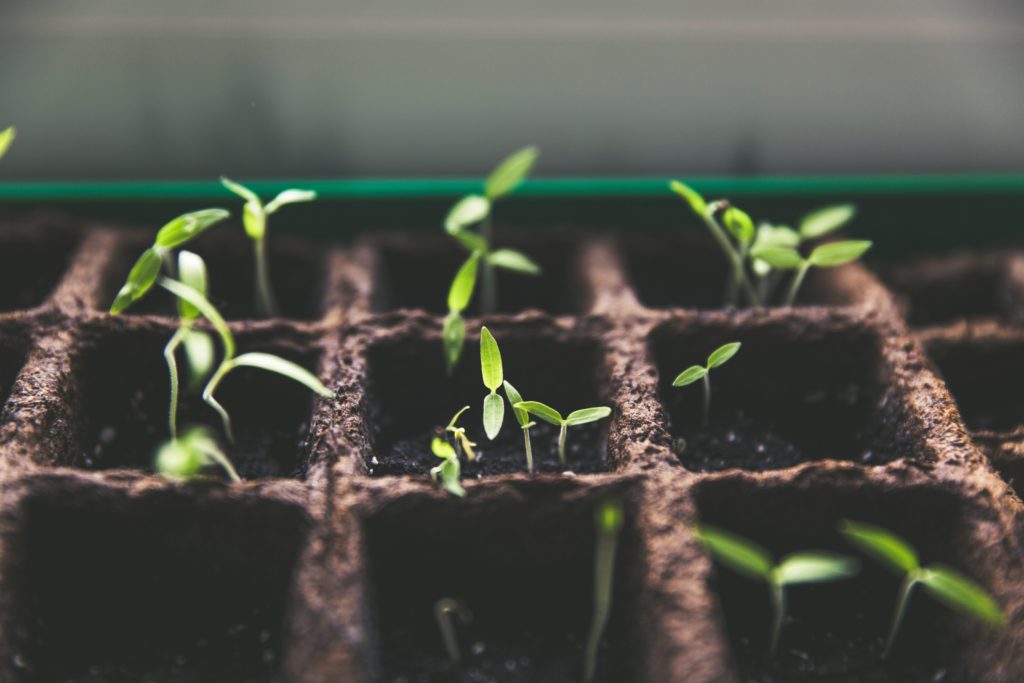
One of the best ways to improve your diet and make it healthier is to start and maintain an organic garden. Taking care of a garden does require effort in order to make things grow. You may be unsure about how to go about this kind of gardening.
Allow your children to assist with the work to be done in your organic garden. Gardening helps your children learn about biological processes and serves as a social activity that helps the family grow closer while eating healthier.
Make gardening efficient. If it takes you thirty minutes to find a needed tool, then you are doing something wrong. Keep your tools well-maintained and stored away in a designated place. That way you always know where they are and they are ready to use when you need them. If you use lots of tools, consider using a tool belt or even just some pants that have lots of pockets.
Laundry Basket
When it is harvest time, use a laundry basket. Laundry baskets which have holes in them act as giant strainers for your home grown produce. Rinse the product off whilst it’s in the basket so that any extra water can strain through the laundry basket’s holes.
When developing your compost pile, use equal measures of dried and green material. Green plant mulches include everything from fresh grass clippings, to unwanted vegetables, to recently pulled weeds. Dried plant matter, on the other hand, includes shredded paper, used wood chips and straw. Avoid meat, ashes, charcoal, plants with diseases and manure from carnivores.
In order to claim your crops are legitimately organic and be credible, it is important to your customers that you become organic garden certified. This attracts customers who are willing to drive a little farther and pay a little more for products that are safe and healthy.
Try to avoid over-watering your plants. Too much water will make it more difficult for the plants to absorb the nutrients they need from the soil. Before heading out to water your plants, check the weather to see if rain is included in the immediate forecast. If a downpour is coming, you may want to forgo watering your plants that day.
Using organic produce from organic gardens which are free of pesticides is a great benefit. This is great for the health of your family, but you will still have to regularly check your plants for bugs and pests.
Change your garden beds every year. Fungus and diseases will appear if you have the same kind of plants in the same place from one year to the next. These plant enemies can become stored in the ground, ready to attack your plants the following year. If you mix things up, by planting in different spots, you will have enlisted a natural method of keeping fungus and diseases at bay.
Look under the soil as a start! Before buying any organic tomato seedlings to plant in your garden, you should investigate them for green starts and bad root systems. The lush starts remain on the baby plants for several weeks, crippling their growth until the starts are gone.
As you were reading through this article, were you inspired to put forth the research, time and effort into adopting organic gardening techniques? Also, to get the best results, you must stay focused and keep up with it. Incorporate the insights you’ve learned here to get your organic garden growing this year.
